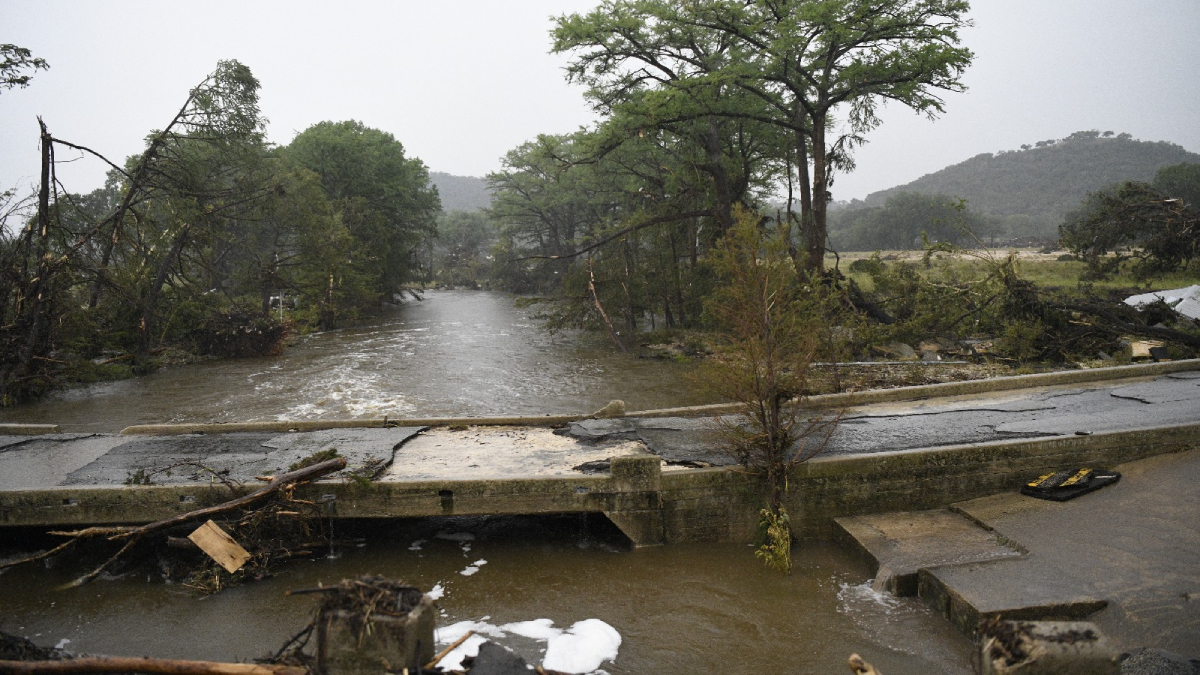Research & Developments is a blog for brief updates that provide context for the flurry of news regarding law and policy changes that impact science and scientists today.
Update 27 August 2025: This article has been updated to reflect newly released numbers of staff placed on leave.
On 25 August, 182 current and former staff members of the Federal Emergency Management Agency (FEMA) signed a declaration opposing the Trump administration’s actions to obstruct FEMA’s mission to provide relief and recovery assistance after natural disasters. The following evening, 36 FEMA staff, all signatories of that Katrina Declaration, were placed on indefinite administrative leave.
Colette Delawalla, the executive director of Stand Up for Science, an advocacy group that helped publicize the letter, told the New York Times that the move appeared to be an act of retaliation.
“Once again, we are seeing the federal government retaliate against our civil servants for whistleblowing—which is both illegal and a deep betrayal of the most dedicated among us,” she said.
Employees were told the leave was effective immediately. Stand Up for Science and the Washington Post both confirmed that two of those suspended were taken off duty from recovery work at the site of Texas floods that killed at least 135 people in early July.
The notice of placement on administrative leave stated that the decision “is not a disciplinary action and is not intended to be punitive.” However, FEMA spokesperson Daniel Llargues said in a statement that “It is not surprising that some of the same bureaucrats who presided over decades of inefficiency are now objecting to reform.”
The staff who were placed on administrative leave will receive pay and benefits but do no work.
FEMA staff sent their letter of dissent to Congress 20 years after of Hurricane Katrina, one of the deadliest natural disasters in modern U.S. history. Experts have long argued that many more people died than should have because of human failures in disaster planning and implementation. Twenty years later, FEMA staff have warned that recent changes to the organization’s structure and procedures put the nation at risk for future Katrina-like disasters.
The letter specifically calls out reductions in disaster workforce, failure to appoint a Senate-confirmed FEMA administrator, elimination or reduction of risk reduction programs, interference with preparedness programs, censorship of climate science, and new policies regarding spending that have already delayed FEMA deployment to disaster areas.
The Katrina Declaration followed similar letters of dissent, also facilitated by Stand Up for Science, from the National Institutes of Health, NSF, EPA, and NASA. Not long after EPA staff sent their letter of dissent, 144 signatories were placed on administrative leave.
Only 36 individuals signed their names to the Katrina Declaration, while the rest chose to remain anonymous, likely in fear of similar retribution. (More people have signed the letter since 25 August, all anonymously.) The fears seem to have been well-founded: All those who signed their name were placed on leave.
—Kimberly M. S. Cartier (@astrokimcartier.bsky.social), Staff Writer
These updates are made possible through information from the scientific community. Do you have a story about how changes in law or policy are affecting scientists or research? Send us a tip at [email protected].


